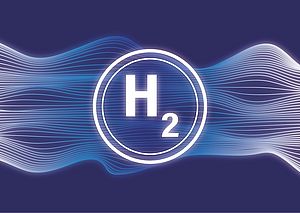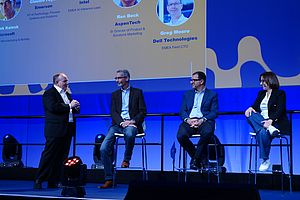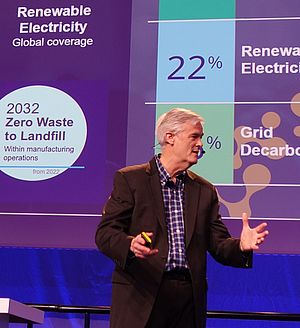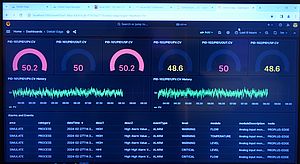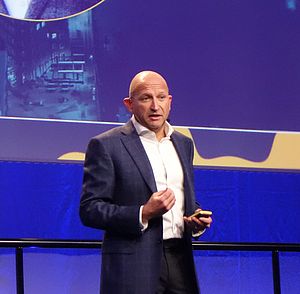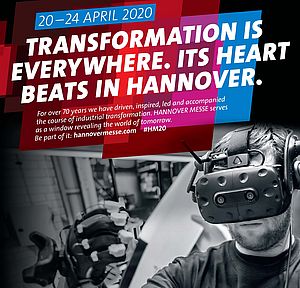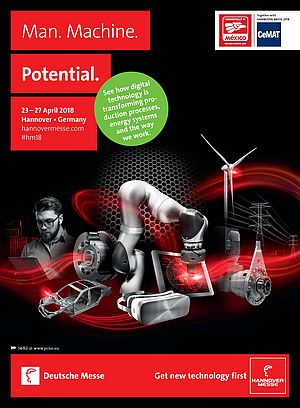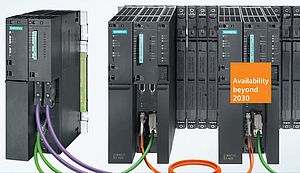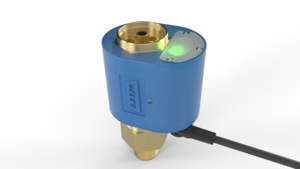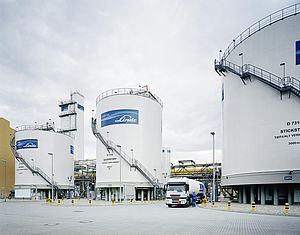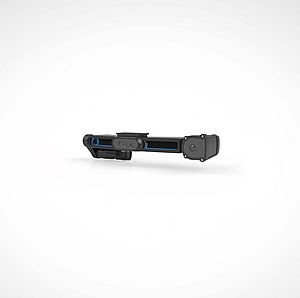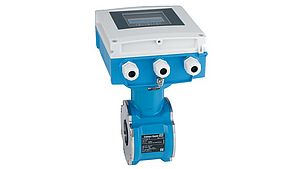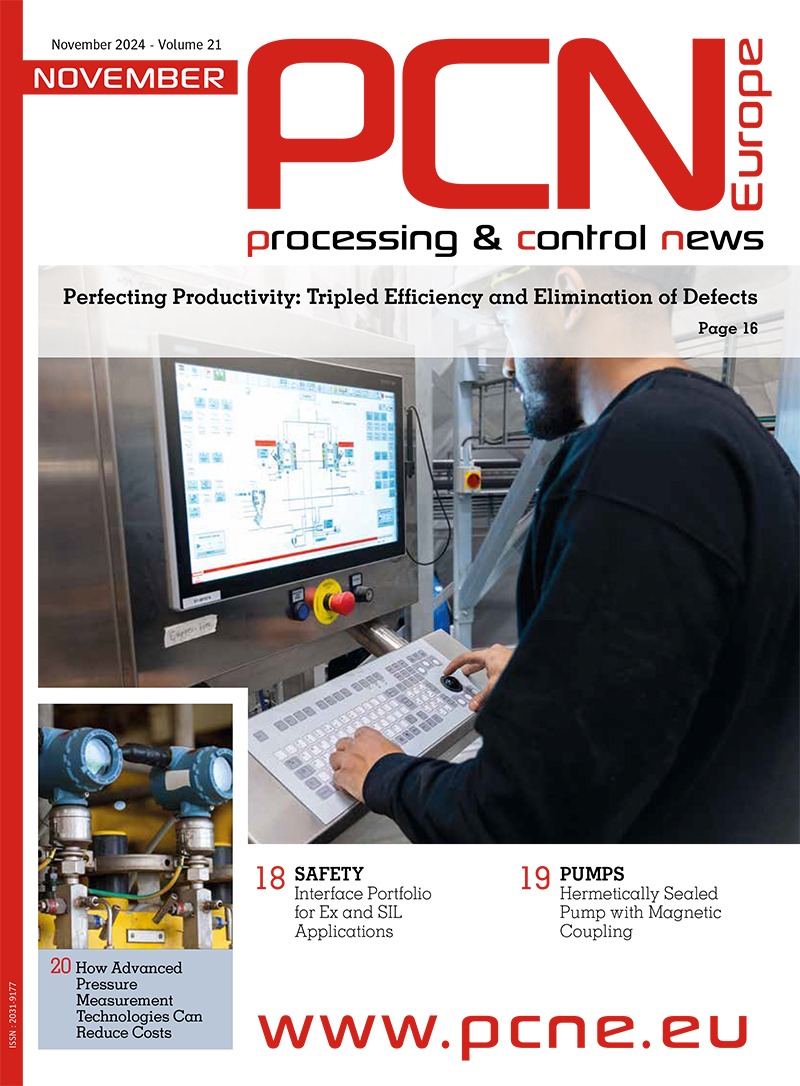The business consulting firm Roland Berger together with the VDMA and Deutsche Messe AG have conducted a study on the "platform economy in mechanical engineering". As the Hannover Messe is getting closer, the authors Michael Zollenkop and Martin Lüers investigate the opportunities, prerequisites, and obstacles of digital business models in the industrial B2B segment, including recommendations for action. They distinguish between digital marketplaces for industrial goods and services on the one hand and networked IIoT platforms on the other. As examples of platform-based services, the study cites MindSphere (Siemens), the@vanced (Kampf), and MAX (thyssenkrupp).
IIoT platforms
Such IoT platforms save the involved industrial companies transaction costs for one and secondly they also make completely new services and business models possible. A third peculiarity of platform economics lies in the network effect, which is both an advantage and a risk. The more participants a platform can gather, the greater the benefit for each individual. However, there is also an enormous consolidation pressure that does not make it easy for companies to make a decision and in the end probably results in a single winner-takes-it-all solution. In any case, the competing platforms are already highly disruptive and make established business models obsolete or force them to reposition themselves because of changes in the value creation and revenue shares. Thus it is all the more beneficial for mechanical engineering companies to be able to quickly and easily find out where they are at with regard to the Industrial Internet of Things. The study also includes a IIoT readiness self-check , which outputs the respective Industry 4.0 maturity level after a few questions.
Obstacles on the way
The study finds that the biggest obstacle on the way to platform economics is currently not to be found within the industry, but in politics. Sluggish broadband expansion is on top of the list. Immediately thereafter follows the costs outlay that would be required of medium-sized mechanical engineering companies to develop separate solutions for the individual platforms. The positive counterexample of this is the open Industrial Data Space e.V. , which is developing an IIoT reference architecture and interfaces with the purpose of establishing an international standard. The third major hurdle is the problem complex of data security, data integrity, and data sovereignty. The VDMA sees above all “the activities of national agencies outside the European judicial area” as a threat.
Competitive pressure
The most important lesson from this study is that the competitive pressure in mechanical and plant engineering is expected to increase significantly overall. Therefore, the issue should be handled at board level according to the recommendation in the results overview . “Positioning in the platform economy must therefore become an essential part of every mechanical and plant engineering company.” It is important to keep a close eye on the behavior of customers and competitors, also with regard to probably indispensable cooperation. Moreover, it is important to have control over the customer interface.









